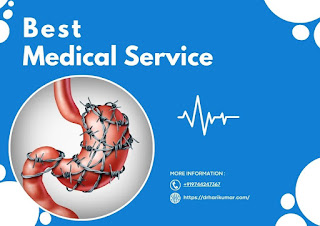The Impact of Antibiotics on Gut Flora: How to Restore Balance

Antibiotics are essential medications that fight bacterial infections, saving countless lives. However, they can also disrupt the delicate balance of the gut microbiome, which consists of trillions of beneficial bacteria that play a crucial role in digestion, immunity, and overall health. Understanding how antibiotics affect gut flora and learning how to restore balance can help maintain optimal gut health. How Antibiotics Affect Gut Flora Disruption of Microbial Balance Antibiotics work by killing or inhibiting the growth of bacteria. While they target harmful bacteria causing infections, they can also eliminate beneficial bacteria in the gut. This disruption can lead to an imbalance known as dysbiosis, which may cause digestive issues, weakened immunity, and increased susceptibility to infections. Reduced Bacterial Diversity A healthy gut microbiome is diverse, containing various bacterial species that perform different functions. Antibiotics can reduce this diversity, making th...







